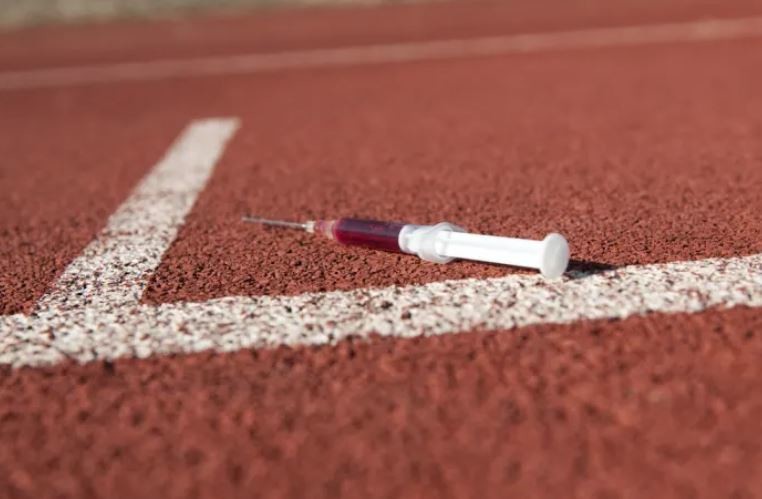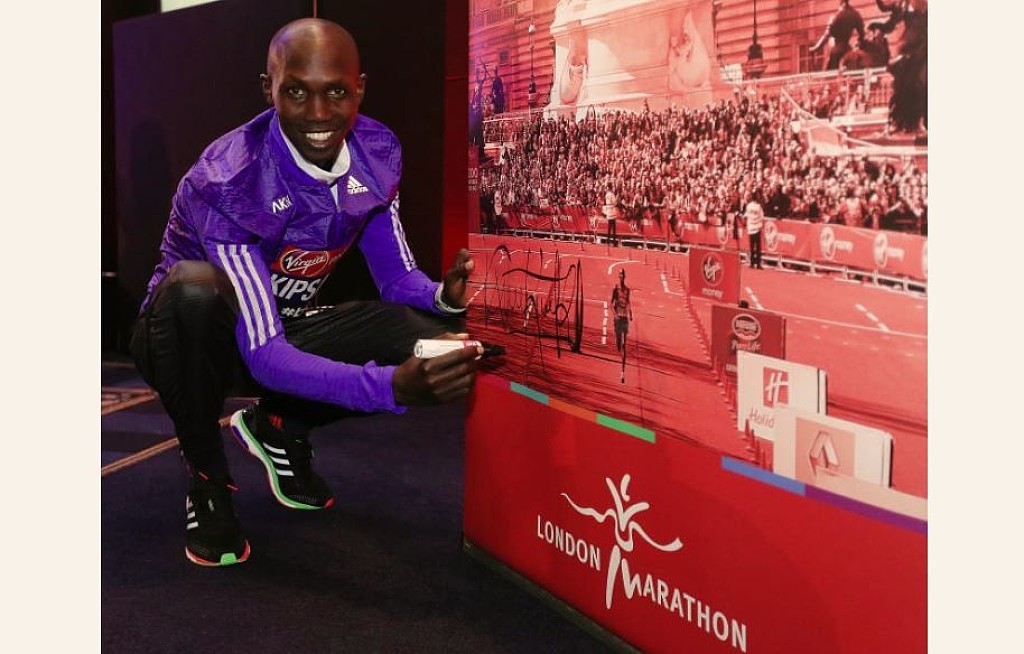Running News Daily
Running News Daily is edited by Bob Anderson. Send your news items to bob@mybestruns.com Advertising opportunities available. Train the Kenyan Way at KATA Kenya and Portugal owned and operated by Bob Anderson. Be sure to catch our movie A Long Run the movie KATA Running Camps and KATA Potato Farms - 31 now open in Kenya! https://kata.ke/
Index to Daily Posts · Sign Up For Updates · Run The World Feed
Kenyan runner convicted of doping offense in criminal court
A female runner became the first athlete in Kenya to be convicted of a doping offense in a criminal court on Friday.
Distance runner Florence Jepkosgei Chepsoi, who finished second at the 2019 Jakarta Marathon, was sentenced to one year of community service after she was found guilty of presenting false documents and lying to the Kenyan anti-doping agency at a hearing.

She changed her plea to guilty having initially pleaded not guilty when she was first charged in court last year.
Kenya criminalized doping offenses in 2016 in the midst of a stream of drug scandals among its world-renowned distance runners. The East African nation updated its anti-doping laws late last year.
Chepsoi was initially charged with doping by the Anti-Doping Agency of Kenya in 2017 after testing positive for the banned steroid prednisolone at a race in China. When she appeared before a tribunal, she presented documents she claimed were from a hospital as part of her defense. ADAK found the documents were forgeries and Chepsoi had never been treated at the hospital, leading the anti-doping body to push for her to be prosecuted in a criminal court.
It’s rare for an athlete to face criminal charges for doping offenses, although Chepsoi is not the first worldwide.
Criminal prosecutors normally target people such as doctors and other support staff who facilitate doping in what they refer to as doping conspiracies rather than the athletes themselves. The World Anti-Doping Agency recommends athletes do not face criminal prosecution for doping.
The United States passed a law in December that criminalized doping conspiracies and allows U.S. prosecutors to go after doping schemes at international events in which Americans are involved as athletes, sponsors or broadcasters. The Rodchenkov Anti-Doping Act was named after Grigory Rodchenkov, the former Moscow lab director who helped uncover state-sponsored doping by Russian athletes.
However, the Rodchenko Act makes clear that individual athletes are not subject to prosecution.
ADAK said more athletes would “face the law” for doping in the coming days. Four other Kenyan athletes are facing criminal charges for doping offenses.
Login to leave a comment




